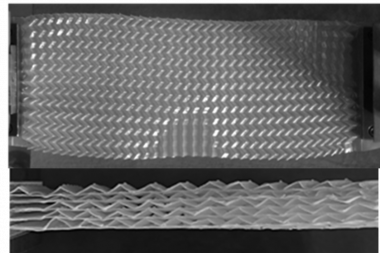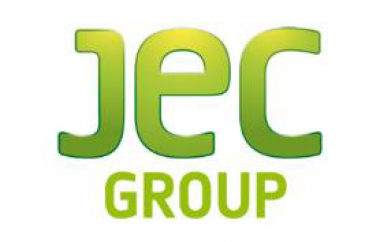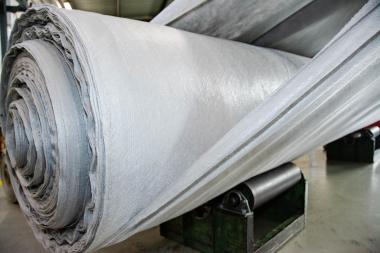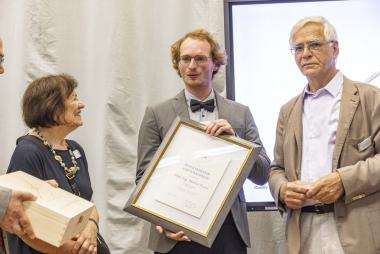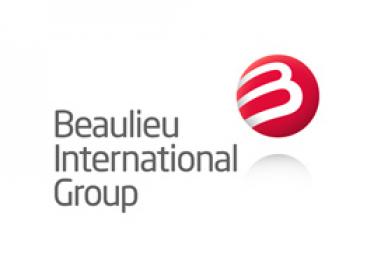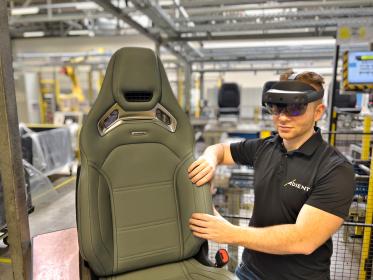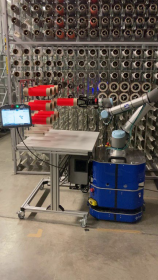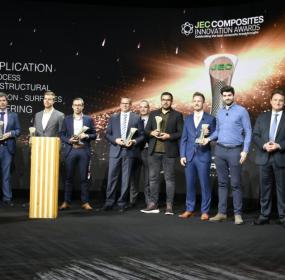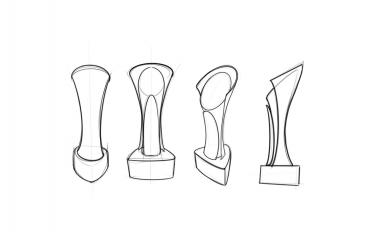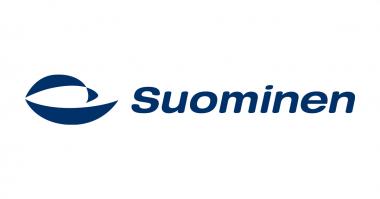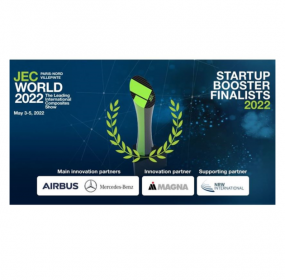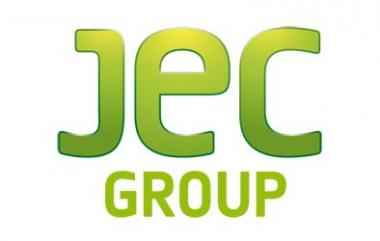Fraunhofer CPM develop programmable material for ergonomic lying position
Many people across the world are bedridden – be it due to illness, an accident or old age. Because those affected often cannot move or turn over by themselves, they often end up with very painful bedsores. In the future, it should be possible to avoid bedsores with the help of materials that can be programmed to entirely adapt their form and mechanical properties. For example, the body support of mattresses made from programmable materials can be adjusted in any given area at the push of a button. Furthermore, the support layer is formed in such a way that strong pressure on one point can be distributed across a wider area. Areas of the bed where pressure is placed are automatically made softer and more elastic. Caregivers can also adjust the ergonomic lying position to best fit their patient.
Materials and microstructuring
Materials for applications requiring specific changes to stiffness or shape are being developed by researchers from Fraunhofer CPM, which is formed of six core institutes with the aim of designing and producing programmable materials. So, how can we program materials? “Essentially, there are two key areas where adjustments can be made: the base material – thermoplastic polymers in the case of mattresses and metallic alloys for other applications, including shape memory alloys – and, more specifically, the microstructure,” explains Dr. Heiko Andrä, spokesperson on the topic at the Fraunhofer Institute for Industrial Mathematics ITWM, one of the Fraunhofer CPM core institutes. “The microstructure of these metamaterials is made up of unit cells that consist of structural elements such as small beams and thin shells.” While the size of each unit cell and its structural elements in conventional cellular materials, like foams, vary randomly, the cells in the programmable materials are also variable – but can be precisely defined, i.e., programmed. This programming can be made, for example, in such a way that pressure on a particular position will result in specific changes at other regions of the mattress, i.e., increase the size of the contact surface and provide optimal support to certain areas of the body.
Materials can also react to temperature or humidity
The change in shape that the material should exhibit and the stimuli to which it reacts - mechanical stress, heat, moisture or even an electric or magnetic field - can be determined by the choice of material and its microstructure.
The journey to application
A single piece of material can take the place of entire systems of sensors, regulators and actuators. The goal of Fraunhofer CPM is to reduce the complexity of systems by integrating their functionalities into the material and reducing material diversity. We always have industrial products in mind when developing the programmable materials. As such, we take mass production processes and material fatigue into account, among other things,” says Franziska Wenz, deputy spokesperson on the topic at the Fraunhofer Institute for Mechanics of Materials IWM, another core institute of Fraunhofer CPM. The initial pilot projects with industry partners are also already underway. The research team expects that initially, programmable materials will act as replacements for components in existing systems or be used in special applications such as medical mattresses, comfortable chairs, variable damping shoe soles and protective clothing. “Gradually, the proportion of programmable materials used will increase,” says Andrä. Ultimately, they can be used everywhere – from medicine and sporting goods to soft robotics and even space research.
Fraunhofer ITWM


